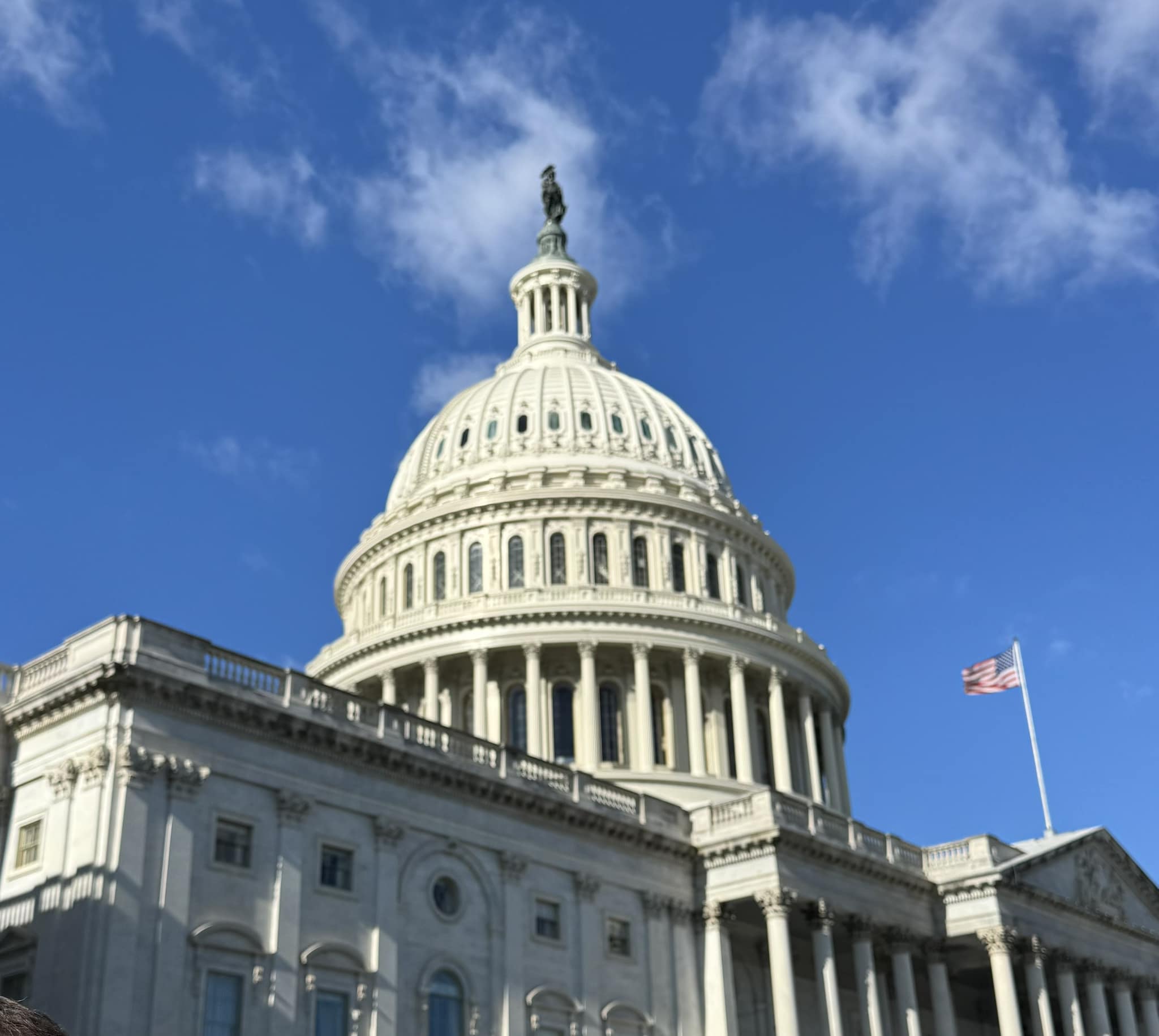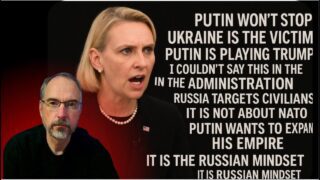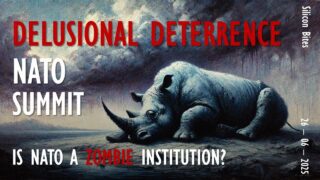
Ukraine ambassador reports no lend-lease extension in 2025 US defense bill
Ukraine’s Ambassador to the United States Oksana Markarova reported on 12 December that while the US 2025 National Defense Authorization Act (NDAA) approved by the House of Representatives includes several important provisions supporting Ukraine, it does not extend the lend-lease program. The bill now awaits Senate approval, which is expected next week.
US President Joe Biden has never utilized his lend-lease powers, despite this capability being previously authorized by law. Meanwhile, Ukraine fears Trump’s upcoming presidency could reduce or cut US aid, forcing unfavorable peace talks with territorial concessions.
According to Markarova’s Facebook post, the legislation passed with 281 representatives voting in favor and 140 against, including 16 Republicans and 124 Democrats.
The ambassador outlined key Ukraine-related provisions in the consolidated text, including:
- Continuation of the prohibition on using any funds that could lead to recognition of Russia’s sovereignty over occupied regions of Ukraine
- Direction for the US Secretary of Defense to explore establishing a center of excellence supporting development and improvement of AI-based weapons systems, with functions including Pentagon cooperation with foreign partners like Ukraine
- Requirement for the Director of National Intelligence, Secretary of State, and Secretary of the Treasury to submit a report to relevant Congressional committees on Russia’s financing of international terrorism
Markarova noted that funding for the Ukraine Security Assistance Initiative (USAI) for fiscal year 2025 was previously set at $300 million in last year’s NDAA.
The ambassador highlighted that while the Senate-approved version of the NDAA contained provisions extending the Ukraine Democracy Defense Lend-Lease Act, these were not included in the House version or the final consolidated bill. She indicated that the embassy continues working to preserve this mechanism, which is also proposed in the bipartisan Stand with Ukraine Act.
Related:










